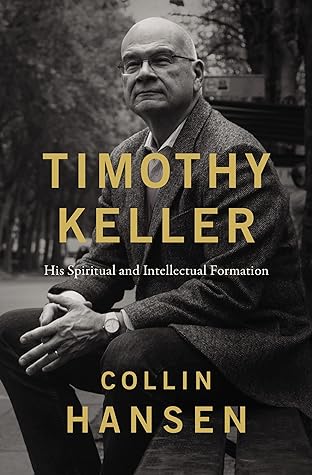More on this book
Community
Kindle Notes & Highlights
Read between
May 19 - May 23, 2023
Always present the basic gospel message—Christ is in charge of the world, and he is the way to God, because he alone can redeem us from our sins.
нєνєℓ ¢ανα liked this
He advocated for a Christianity that is orthodox and modern at the same time. Believers cannot withdraw from the modern world but must engage every aspect, from art to business to politics to family to education, with a distinct worldview built on historic, orthodox doctrine.
Keller wrote that as a preacher he could sense the moment when he crossed this boundary from information to impression. He didn’t mind the congregation taking notes in the first part of the sermon as they were learning information. But if they stopped taking notes and looked up at him in the end, then he knew he had touched their affections.
Keller wanted to shape a congregation that would stand apart from the city, from within the city, while loving the city—a congregation that could meet the city’s physical needs without losing focus on their spiritual plight.
Keller learned from Lloyd-Jones never to assume everyone is a Christian, and never assume Christians no longer need the gospel. “Evangelize as you edify, and edify as you evangelize.”
“Billy was dead, but now he’s alive,” Tim said. “He took the robe, and when you take the robe, then what happens to death? We laugh at death.” He quoted George Herbert: “Death used to be an executioner, but the gospel made him just a gardener.”
Keller also faulted the church when it fell short of the standards for biblical justice. He admitted that many younger Christians turn to secular justice because the church never taught them biblical justice.
“That’s part of Tim’s genius,” said Arthur Armstrong, an early Redeemer elder. “He simplifies the incredible depth and complexity of the gospel and the Word for consumption by modern human beings.”


